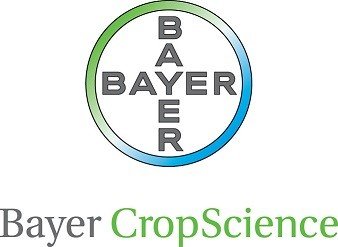ICAR-CIFA inaugurates aquaculture field school at Subarnapur
Farmers urged to connect with the Central Institute of Freshwater Aquaculture
The Indian Council of Agricultural Research-Central Institute of Freshwater Aquaculture (ICAR-CIFA), Bhubaneswar, Odisha inaugurated the “Aquaculture Field School (AFS)” at the farm of Kailash Chandra Sahoo, Subarnapur, Puri on November 10, 2020. Dr S K Swain, Director, ICAR-CIFA, Bhubaneswar, Odisha, applauded K.C. Sahoo for his multi-dimensional activities related to fisheries and being the embodiment of inspiration for others. He also urged the farmers’ cooperation and interest to get connected with the Institute for their fisheries activities.
The School aims at empowering the aqua-farmers in a cost effective way. AFS is a school without walls for improving the decision-making capacity of the farmers and facilitating cross learning opportunities. Aquaculture Field School promotes farmer-to-farmer extension. It is a participatory extension approach whereby fish farmers are allowed to choose the methods of aquaculture production through discovery-based approach.
Sarat Moharana, AFO, Gop, Puri stressed on the scientific fish farming’s role and involving women Self Help Groups in aquaculture. Sahoo’s adoption of the scientific aquaculture system integrating many agriculture enterprises with fisheries was also appreciated.
Sahoo, also, illustrated the ICAR-CIFA’s role in making him self-reliant starting with two ponds to owning a 20 acres farm and now, as the AFS operator. He praised the Institute’s efforts for reposing faith in him and recognizing him as a trainer to guide the other farmers.
Farmers urged to connect with the Central














